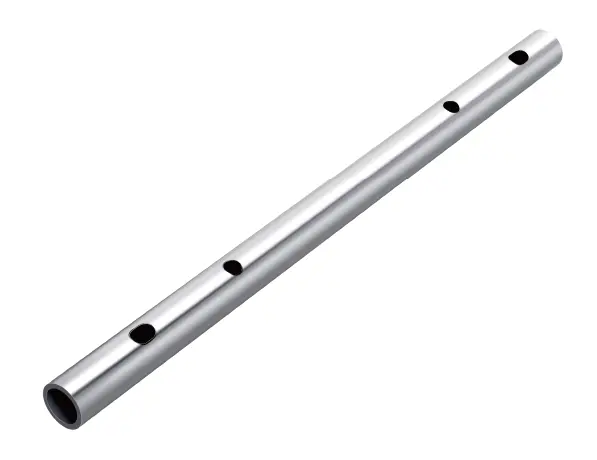
The Importance of Auto Electrical Parts in Modern Vehicles
In today's automotive landscape, the significance of auto electrical parts cannot be overstated. As vehicles become increasingly equipped with advanced technologies, the role of electrical components becomes paramount to ensure safety, performance, and comfort. This article explores the critical aspects of auto electrical parts, their functions, and future trends in the automotive industry.
Understanding Auto Electrical Parts
Auto electrical parts encompass a wide range of components responsible for generating, distributing, and regulating electrical energy within a vehicle. These components include batteries, alternators, starters, wiring harnesses, sensors, and various electronic control units (ECUs). Together, they play a vital role in the vehicle’s operation, affecting everything from engine performance to the functionality of comfort features like power windows and air conditioning systems.
Key Functions of Auto Electrical Parts
1. Starting and Ignition The starter motor is a crucial electrical component that initiates the engine's operation. When the ignition key is turned, the battery sends voltage to the starter motor, allowing it to crank the engine. Additionally, the ignition system ensures proper timing and fuel injection, critical for efficient combustion.
2. Power Generation The alternator is another essential part, responsible for generating electricity while the engine is running. It charges the battery and powers electrical systems, ensuring that all electronic features, such as lights, audio systems, and navigation, function seamlessly.
3. Safety Systems Modern vehicles are equipped with advanced safety systems that rely heavily on electrical components. Airbag systems, anti-lock braking systems (ABS), and traction control depend on sensors and ECUs to function correctly. These systems are vital for providing safety and stability, actively working to prevent accidents.
4. Comfort Features Auto electrical parts also enhance the driving experience through features such as climate control, infotainment systems, and electronic seats. Electric windows, heated seats, and keyless entry all rely on electrical components to improve comfort and convenience for the driver and passengers.

The Evolution of Auto Electrical Parts
The automotive industry is witnessing a significant transformation driven by innovations in electrical engineering and automated technologies. One of the most prominent trends is the shift toward electric and hybrid vehicles, which rely on sophisticated electrical systems. These vehicles require advanced battery technologies, regenerative braking systems, and complex electronic management systems to optimize performance and efficiency.
Moreover, the rise of connected vehicles introduces new electrical components, such as communication modules that enable vehicle-to-vehicle (V2V) and vehicle-to-infrastructure (V2I) communication. This connectivity enhances safety and efficiency, paving the way for future advancements in autonomous driving.
Future Trends
As the industry continues to evolve, auto electrical parts will play an increasingly vital role. Innovations in battery technology, such as solid-state batteries, promise to revolutionize energy storage, providing longer ranges and shorter charging times. Additionally, advancements in semiconductor technology will lead to more efficient power distribution and lower energy consumption, further improving the environmental footprint of vehicles.
The ongoing trend towards automation and electrification means that the demand for skilled technicians who can work on complex electrical systems will skyrocket. Training programs focusing on auto electrical systems will become essential to prepare the workforce for the challenges of tomorrow’s automotive environment.
Conclusion
In conclusion, auto electrical parts are critical to the functioning, safety, and comfort of modern vehicles. As technology advances, these components will continue to evolve, paving the way for new innovations in the automotive industry. As we look to the future, it is clear that understanding and maintaining these electrical systems will be vital for anyone involved in the automotive sector.